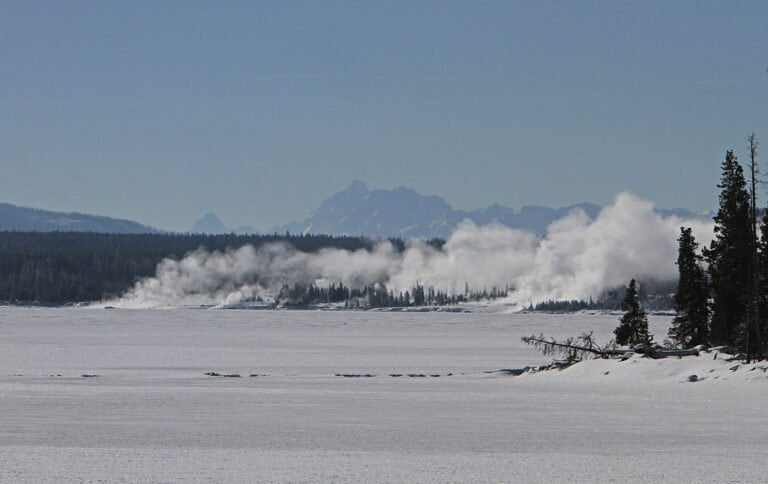Where Is Safer Thailand or Bali?
Thailand and Bali, two popular Southeast Asian destinations, have distinct safety profiles. Bali emerges as the relatively safer option, with a lower crime rate of 56.45 reported crimes per 100,000 people in 2020, compared to Thailand's 460.36. While both destinations experience petty thefts and burglaries, violent crimes are rare. Solo travelers, particularly at night, should exercise caution in crowded areas like Patong Beach in Phuket, Thailand. Bali's quieter streets make it a safer bet for solo travelers. To navigate these destinations safely, it's essential to understand the unique risks and take necessary precautions to stay safe during your trip.
Crime Rates and Statistics
Thailand and Bali, two popular tourist destinations in Southeast Asia, boast distinct crime rates and statistics that can substantially impact the safety of travelers. According to official data, Thailand's crime rate is higher, with 460.36 reported crimes per 100,000 people in 2020. In contrast, Bali, being a province in Indonesia, reported a lower crime rate of 56.45 per 100,000 people in 2020. However, it's essential to note that most crimes in both destinations are petty thefts and burglaries. Violent crimes are relatively rare, and tourists are generally not targeted. Understanding these statistics can help travelers take necessary precautions and make informed decisions about their trip. By being aware of the local crime landscape, visitors can minimize their risk and enjoy a safe and memorable experience in these beautiful destinations.
Scams and Fraudulent Activities
While petty thefts and burglaries are common in both Thailand and Bali, travelers should also be vigilant about scams and fraudulent activities that can quickly drain their finances and ruin their trip. These scams often target unsuspecting tourists, and it's essential to be aware of the most common ones. Here are a few to watch out for:
- Gem scam: Being approached by locals offering to sell you gemstones at "discounted" prices, which are often fake or overpriced.
- ATM scams: Being tricked into withdrawing large amounts of cash or having your card cloned at compromised ATMs.
- Timeshare scams: Being convinced to invest in timeshare properties that don't exist or are worthless.
- Motorbike rental scams: Being charged exorbitant fees or having your bike "stolen" and being forced to pay for damages.
Road Safety and Traffic Accidents
Traversing the roads in Thailand and Bali can be a formidable task, especially for foreign visitors who are unfamiliar with local traffic laws and customs. Both countries have high rates of traffic accidents, with Thailand ranking among the top 10 countries with the highest road fatality rates globally. In Bali, the roads are often narrow and winding, making it challenging for motorcyclists and motorists alike. Meanwhile, Thailand's roads are often congested, with many drivers disregarding traffic rules. According to statistics, motorcyclists are the most vulnerable to accidents, with many fatalities attributed to reckless driving and lack of helmet use. To mitigate risks, visitors should exercise extreme caution, wear protective gear, and consider hiring reputable drivers or guides.
Natural Disasters and Environmental Risks
Beyond the perils of the road, Southeast Asia's tropical climate and geographical location also expose travelers to a range of natural disasters and environmental risks. Both Thailand and Bali are prone to natural disasters that can be catastrophic.
Here are some examples:
- Tsunamis: The Indian Ocean tsunami in 2004 devastated coastal areas in Thailand and Indonesia, including Bali.
- Volcanic eruptions: Bali's Mount Agung and Thailand's volcanoes can erupt unexpectedly, spewing ash and disrupting travel plans.
- Flooding: Heavy rainfall can cause flash flooding in urban and rural areas, making it difficult to navigate.
- Droughts: Prolonged dry spells can lead to water shortages and wildfires, affecting local ecosystems and tourism infrastructure.
Solo Traveler and Nighttime Safety
Vulnerability can escalate at night, especially for solo travelers, as the thrill of exploring new destinations can give way to concerns about safety in the dark. Both Thailand and Bali have their share of nighttime safety concerns, but there are key differences. In Thailand, solo travelers should be cautious in crowded areas like Patong Beach in Phuket, where scams and petty theft are common. In contrast, Bali's quieter streets and more laid-back atmosphere make it a relatively safer bet for solo travelers at night. However, it's still essential to take necessary precautions, such as staying in well-lit areas, avoiding isolated alleys, and keeping valuables secure. By being aware of their surroundings and taking simple measures, solo travelers can minimize risks and enjoy a safe and fulfilling nighttime experience in both Thailand and Bali.

